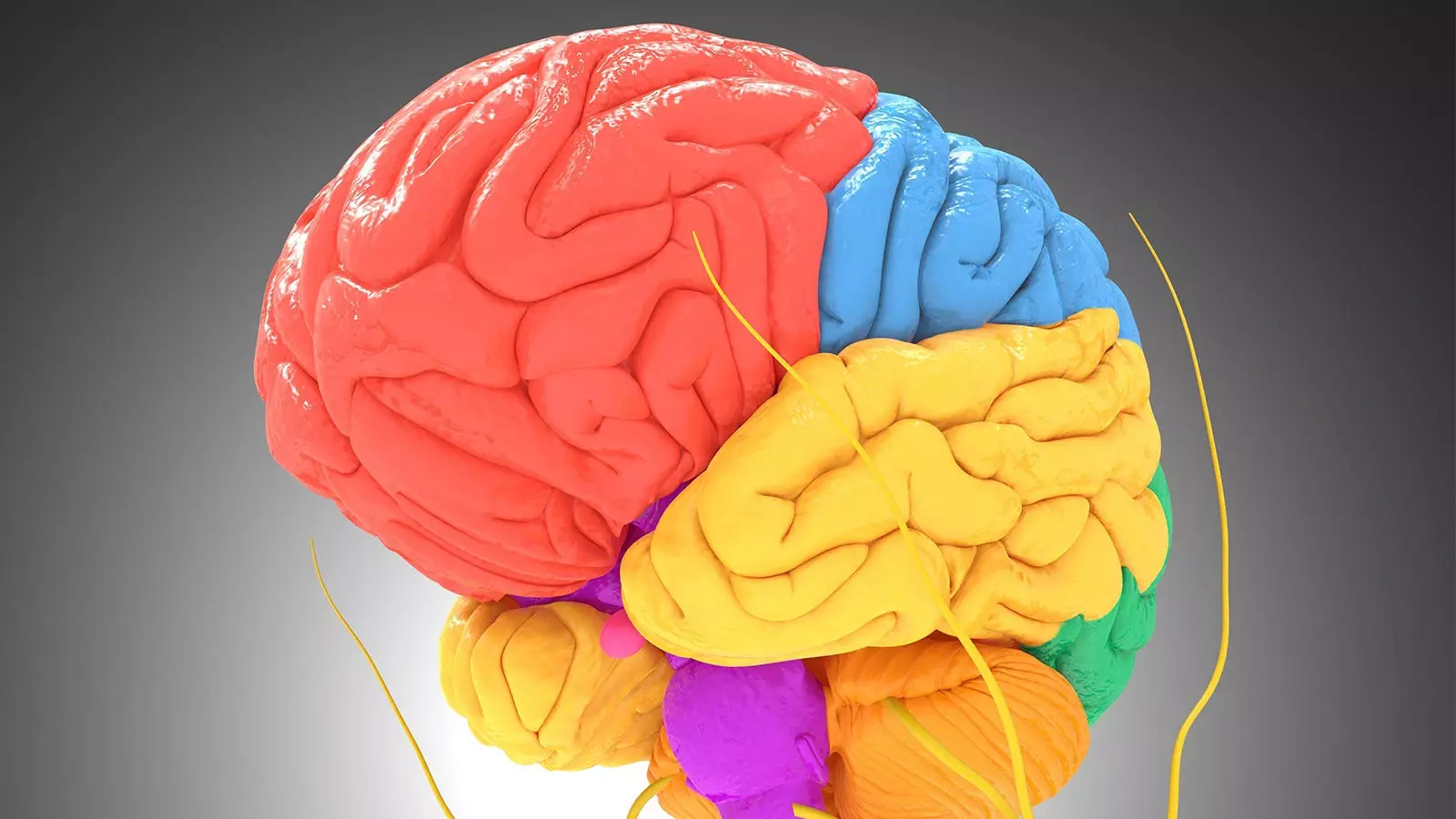Frontotemporal lobar degeneration, commonly known as frontotemporal dementia, is a complex neurological condition that affects a person’s behavior, personality, and language skills. A recent observational study conducted by Adam Staffaroni, PhD, and his team at the University of California San Francisco (UCSF) has shown promising results in using smartphone-based cognitive tests to accurately and reliably detect FTLD.
The Study
The study, which took place from January 2019 to July 2023, involved 360 participants who were divided into a discovery cohort and a validation cohort. These participants were asked to complete cognitive tests remotely using a mobile app on their smartphones. The tests included executive functioning tasks and an associative memory task, which were performed three times over a two-week period. The results showed moderate to excellent internal consistency and test-retest reliability, indicating the potential of smartphone tests in detecting FTLD.
The validity of the smartphone tests was supported by strong associations with disease severity, brain volume, and neuropsychological measures. Additionally, the tests were found to be more sensitive to early stages of familial FTD compared to traditional assessments. Participants with preclinical FTD who carried pathogenic variants performed significantly worse on the app tasks, emphasizing the potential of smartphone tests in early detection and monitoring of the disease.
Despite the promising results, the study has some limitations. The participants were predominantly white and college-educated, which may limit the generalizability of the findings to other populations. The researchers also noted that future studies should explore whether repeated measurements can improve the reliability and sensitivity of smartphone cognitive tests. Additionally, the researchers collaborated with a software company to develop the mobile app, raising questions about the accessibility and availability of the technology to the public.
Implications
The findings of this study have important implications for the field of dementia research and clinical practice. The use of smartphone-based cognitive tests could revolutionize the way FTLD is diagnosed and monitored, providing a cost-effective and accessible alternative to traditional assessments. The potential for remote monitoring and data collection through smartphone apps could also streamline clinical trials and improve patient outcomes.
The study by Staffaroni and colleagues highlights the promising potential of smartphone cognitive tests in detecting frontotemporal dementia. By leveraging technology to improve the diagnosis and monitoring of FTLD, researchers and clinicians can take a significant step forward in understanding and treating this complex neurological condition. Further research is needed to validate and expand upon these findings, but the future looks bright for smartphone-based assessments in the field of dementia.

Leave a Reply